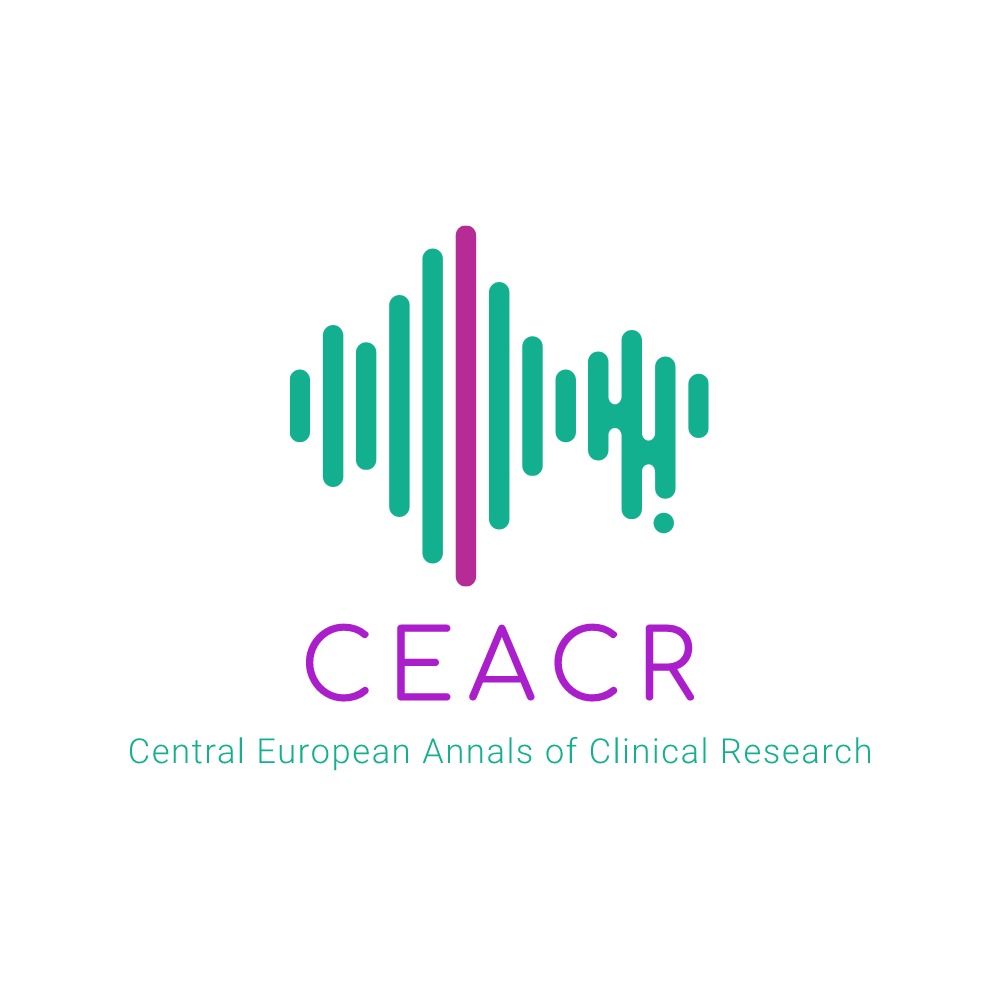Mental Health in Emergency Medical Clinicians: Burnout, STS, Sleep Disorders. A Cross-Sectional Descriptive Multicentric Study
Received: 27 Nov 2019 / Revised: 10 Dec 2019 / Accepted: 10 Dec 2019 / Published: 16 Dec 2019
Abstract
Emergency medicine specialists’ mental and physical health may be threatened if they experience burnout, sleep disorders, and secondary traumatic stress (STS). We aimed to investigate whether Emergency Medical Services (EMs) professionals’ mental and physical health status, depression, and anxiety are associated with burnout, STS, and sleep disorders. We hypothesized that burnout, STS, and the severity of sleep disorders would raise the risk of impaired mental, and physical health, depression, and anxiety in emergency medical clinicians. A cross-sectional multicentric study was conducted. In total,178 EMs specialists completed validated surveys to assess mental health complaints (Mental Health Inventory, MHI-5 screening test), physical health complaints (Ware scale), depression, and anxiety (Depression, Anxiety and Stress Scale-DASS), burnout (Maslach Burnout Inventory-general survey, MBI-GS), sleep disorders (Insomnia Severity Index, ISI), and STS (STS scale). This study aimed to analyze the influence that work-related factors can have on EMs specialists’ mental and physical health, depression, and anxiety. Specifically, mental health was predicted by exhaustion (β = 0.16), cynicism (β = 0.21), insomnia severity (β = 0.13), and STS (β = 0.35); physical health was predicted by exhaustion (β = 0.33) and insomnia severity (β = 0.18); depression was predicted by cynicism (β = 0.21) and STS (β = 0.46); and anxiety was predicted by STS (β = 0.63) and inefficacy (β = 0.20). Work-related stress symptoms such as burnout, STS, and sleep disorders were found to predict emergency medicine clinicians’ mental and physical health, as well to increase the risk of depression and anxiety. It is of most importance to develop practices to prevent such symptoms and to promote mental health and well-being among the emergency medicine personnel.
Keywords: mental health; burnout; secondary traumatic stress; emergency medicine; sleep disorders
OPEN ACCESS
This is an open access article distributed under the Creative Commons Attribution
License which permits unrestricted use, distribution, and reproduction in any medium,
provided the original work is properly cited. (CC BY 4.0).
CITE
Secosan, I.; Bredicean, C.; Crainiceanu, Z.P.; Virga, D.; Giurgi-Oncu, C.; Bratu, T. Mental Health in Emergency Medical Clinicians: Burnout, STS, Sleep Disorders. A Cross-Sectional Descriptive Multicentric Study. CEACR 2019, 1, 5.
Secosan I, Bredicean C, Crainiceanu ZP, Virga D, Giurgi-Oncu C, Bratu T. Mental Health in Emergency Medical Clinicians: Burnout, STS, Sleep Disorders. A Cross-Sectional Descriptive Multicentric Study. Central European Annals of Clinical Research. 2019; 1(1):5.
Secosan, Ica; Bredicean, Cristina; Crainiceanu, Zorin Petrisor; Virga, Delia; Giurgi-Oncu, Catalina; Bratu, Tiberiu. 2019. "Mental Health in Emergency Medical Clinicians: Burnout, STS, Sleep Disorders. A Cross-Sectional Descriptive Multicentric Study." CEACR 1, no. 1: 5.
Not implemented
SHARE
